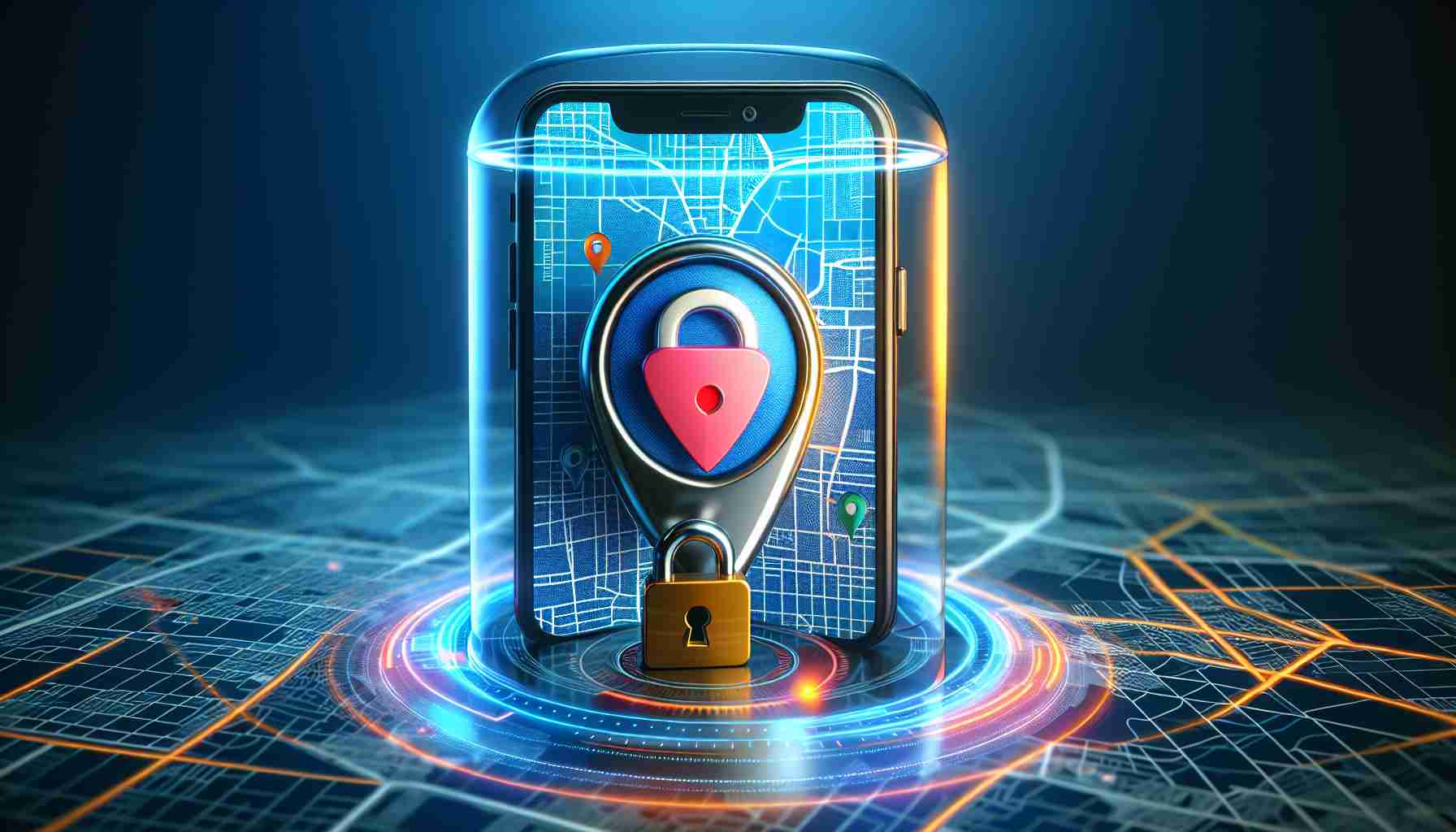Today’s smartphones are equipped with advanced location-sharing technologies, prompting a need for vigilant privacy control. Users should periodically review which applications have permission to access their location data, with an eye towards safeguarding their personal information.
Recognizing Unauthorized Tracking
Be watchful for unorthodox behavior from your smartphone, which could indicate tracking. If you notice a rapid battery drain, experience unexplained overheating, or if your device restarts intermittently without prompt, these may be signs of covert monitoring software working in the background.
Moreover, stay cautious about the applications installed on your phone, particularly those not acquired from official app stores, and be discerning when connecting to public or unfamiliar Wi-Fi networks that may require location access.
Steps to Protect Your Geographical Position
To manage location access, periodically delve into your smartphone’s settings. By entering the ‘Location’ menu, you can review and modify which apps have permission to your location data. Permissions can be tailored to your preference, allowing access only while in use, or denying access entirely to safeguard your privacy.
Furthermore, when utilizing services like WhatsApp, routinely checking privacy settings is essential. In the ‘Settings’ menu, under ‘Privacy’ and then ‘Real-time Location,’ you can control who can see your location and for how long. Opting for ‘Deny’ provides maximum protection for your whereabouts.
Security awareness is vital when using multiple devices. Always log out after using apps on different gadgets to close any loopholes for unwanted access to your information. Through these practices, you can bolster your mobile security and ensure that your location remains private.
Importance of Protecting Location Data
Understanding the importance of protecting your location data is crucial. Location data can be used to create a detailed profile of your movements, routines, personal interests, and private life. This information can potentially be used for malicious purposes such as stalking, identity theft, or even home burglary when it’s known you are away.
Questions and Answers
Q: Why is location data privacy important?
A: Location data privacy is important because it helps protect your personal safety, prevents unauthorized tracking, and safeguards sensitive information that can be inferred from your whereabouts, such as your habits, preferences, and social connections.
Q: How can location data be misused?
A: Location data can be used for stalking, targeted advertising, insurance risk assessments, identity theft, and by malicious actors to determine when your home is unoccupied.
Challenges and Controversies
One of the key challenges in protecting location data is the convenience versus privacy trade-off. Many apps and services offer enhanced functionality when location access is enabled, such as map and ride-sharing apps. Turning off location services can reduce the utility of these apps. Another challenge is the opaque nature of data-sharing practices by companies, making it difficult for users to know who is accessing their data and for what purpose.
Controversy also arises from government access to location data without a warrant and the bulk collection of location data by tech companies, which raises concerns about mass surveillance and the erosion of personal privacy.
Advantages and Disadvantages
Advantages of safeguarding location data include enhanced personal privacy, protection from potential misuse of data by third parties, and peace of mind.
Disadvantages may include a loss of personalized services and convenience, potential disruptions to app functionality that relies on location data, and the need for regular management of privacy settings.
If you are interested in deeper research on mobile privacy and security topics, you might visit the website of the Electronic Frontier Foundation for resources and information on digital privacy, or the Privacy Rights Clearinghouse which offers guidance on protecting personal privacy.
By staying informed and proactively managing your mobile security settings, you can significantly reduce risks and maintain control over your location data.
